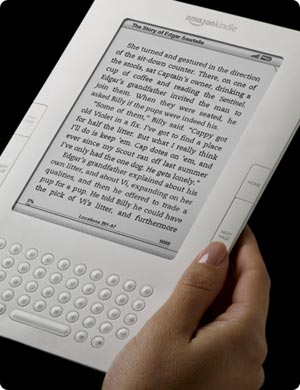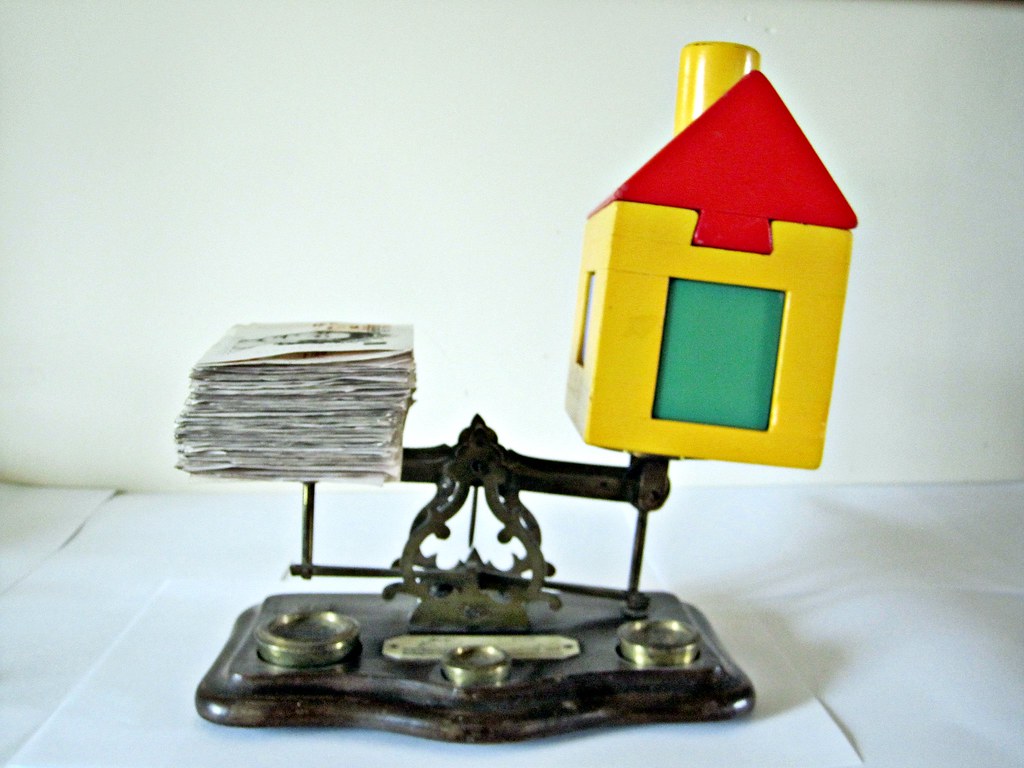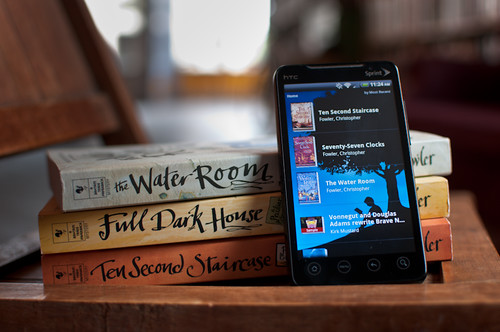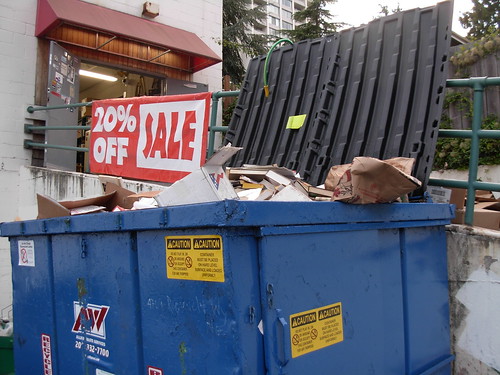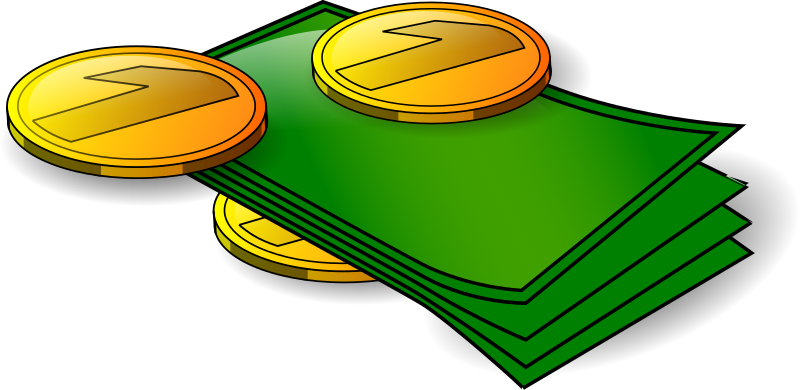A number of authors are coming together to create Authors United, a group who wants Amazon to ends its war with Hachette. Their demand? Amazon will continue giving them standard royalty payments for their Hachette titles, and Amazon will go back to stocking Hachette titles on their website. The requests seem reasonable...and yet this war has been going on for weeks. Where do you stand on the battle lines?
To the Mattresses
Around 1,000 authors have already signed one petition against Amazon. So far, however, attempts to get Amazon to the negotiating table have failed. The letter that Authors United sent to Amazon will be published in the New York Times in a matter of days.
Signers of the letter include Stephen King, John Grisham, James Patterson and David Baldacci. Many of these well-known authors have already donated money to the group for advertising and other purposes.
However, there are authors on the other side of the war. A petition on Change.org, essentially a letter to Hachette, has more than 7,000 author signatures on it.






